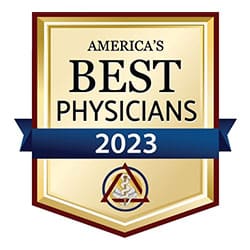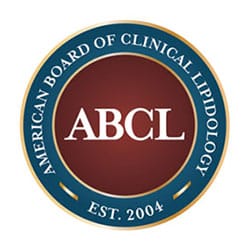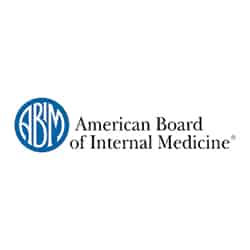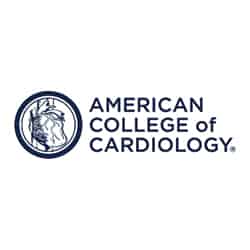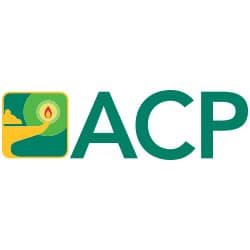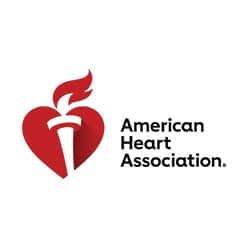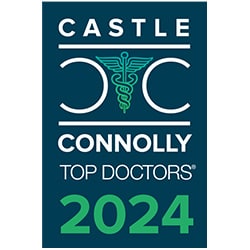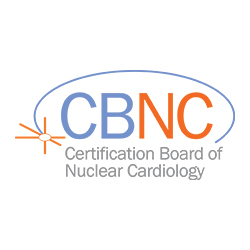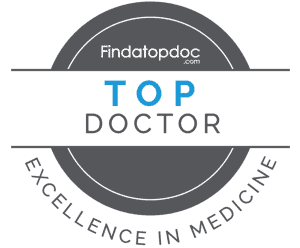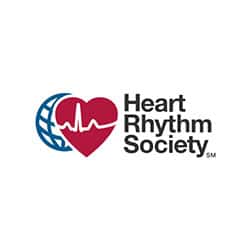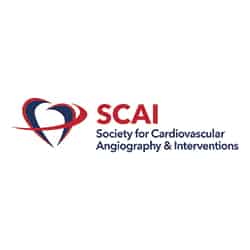Depending on your age, health, and family history, chest pain may make you wonder if you’re having a heart attack or if it’s something less serious. Because there’s no easy way to tell if your chest pain is life-threatening or something minor, our chest pain doctors at St. Louis Heart and Vascular urge you to seek immediate medical assistance for any chest pain.
Visit one of our seven locations serving St. Louis and the surrounding communities so we can determine the cause and administer life-saving treatment if necessary.
Find the location closest to you and give the office a call to make an appointment and find your chest pain specialist in St Louis.
Chest Pain Treatment Q&A
What causes chest pain?
There are many different reasons you may be experiencing chest pain, and some of them are much more serious than others. The trouble is, there often isn’t an easy way to tell if you need emergency assistance or if you’re just having an anxiety attack. Knowing which symptoms indicate a more serious condition requiring immediate action can make a big difference in how and when you seek treatment.
Some common causes of chest pain include:
- Heartburn, indigestion, or acid reflux
- Gallbladder or pancreas problems
- Injured ribs
- Panic attack or anxiety
- Esophageal problems
- Lung problems
- Angina (poor blood flow to the heart)
- Heart attack
- Pericarditis (inflammation around your heart)
- Blocked arteries
- Pneumonia or other lung conditions
- Pulmonary embolism (blood clot in your lung)
What are the symptoms of heart-related chest pain?
Chest pain symptoms that may indicate a serious heart problem include:
- Pressure, tightness, or fullness in your chest
- Crushing pain that radiates from your chest to your back
- Pain in your jaw, shoulders, or arms
- Lasting pain or pain that worsens with activity
- Shortness of breath with chest pain
- Dizziness or weakness and vomiting
- Sweating
If you have any of these symptoms and have a history of high cholesterol, coronary artery disease, past heart attacks, or other risk factors like obesity and smoking, go to the nearest emergency medical facility or call 911 immediately.
What are the risk factors for heart-related chest pain?
If you’re at risk for heart disease, you’re also at risk for angina. Major risk factors for either of these serious conditions include:
- High cholesterol levels
- High blood pressure
- Obesity and diabetes
- Smoking
- Inactivity
- Age (over 45 for men; over 55 for women)
- Heredity
How is chest pain treated?
The treatment for chest pain largely depends on the underlying cause. If your chest pain is related to your heart or problems with blocked arteries, or early signs of heart disease, you can begin by making important lifestyle changes to lower your risk of heart-related chest pain and life-threatening conditions like a heart attack.
Our experienced team of chest pain specialists at St. Louis Heart and Vascular perform a series of diagnostic tests to determine the cause of your chest pain so they can treat you immediately, if necessary, or prescribe a comprehensive treatment plant to prevent serious health scares in the future.
Find the location nearest you to schedule an appointment if you have chest pain symptoms that don’t seem life-threatening. If you have heart-related chest pain, call 911 or go to the nearest emergency room.
Chest Pain Diagnosis and Treatment Available at These Locations
We offer Chest Pain Diagnosis and Treatment at the following St. Louis Heart and Vascular locations. Contact us to schedule your appointment today.
Bridgeton Office
- (314) 741-0911
- 3550 McKelvey Rd.
Bridgeton, MO 63044 - Location Info
Christian Hospital Office
- (314) 741-0911
- 11155 Dunn Road, Suite 304E, MOB #1
St. Louis, MO 63136 - Location Info
Des Peres Hospital Office
- (314) 741-0911
- 2325 Dougherty Ferry Road, Suite 203
St. Louis, MO 63122 - Location Info
Granite City Office
- (314) 741-0911
- 2120 Madison Ave., Suite 101
Granite City, IL 62040 - Location Info
St. Charles Office
- (314) 741-0911
- 1551 Wall Street, Suite 410
St. Charles, MO 63303 - Location Info
Town & Country Office
- (314) 741-0911
- 3009 N. Ballas Rd, Suite 100B
St. Louis, MO 63131 - Location Info
Wentzville Office
- (314) 741-0911
- 105 Creekside Office Dr.
Wentzville, MO 63385 - Location Info

